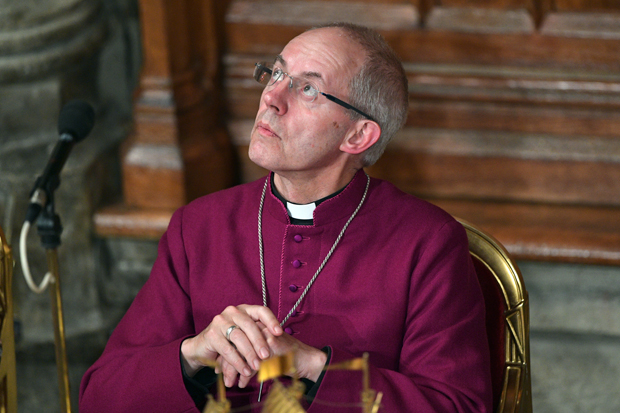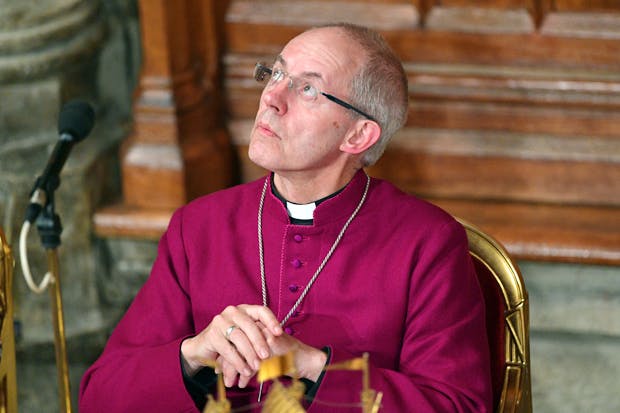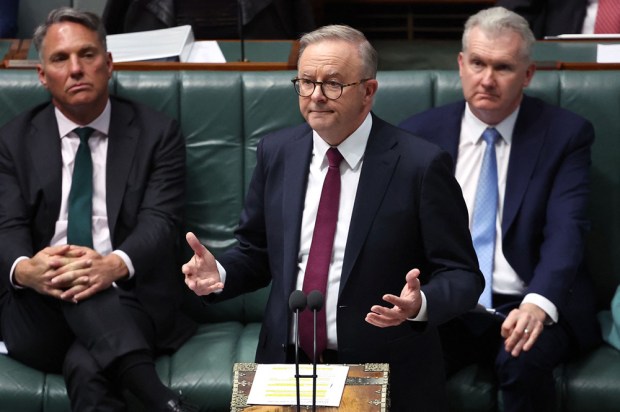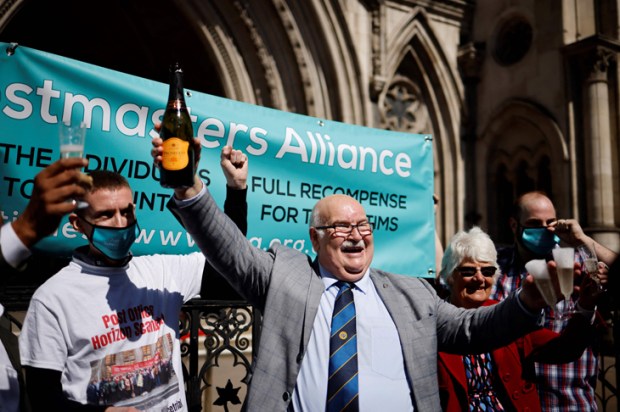In the weeks that followed first Brexit and then Donald Trump’s election to the US Presidency it seemed that many in the West thought the world had passed the point of peak civilisation.
In fact, those rending their clothes and crashing on the sidewalk in screaming tantrums were merely reflecting the embrace of post-truth behaviour which, according to the Oxford Dictionary (which gave the term its Word of the Year award) describes circumstances where emotions and personal beliefs are more influential than facts.
Facts and truth are so last century, which is when, again according to the Oxford Dictionary observers, post-truth was first used in an essay by playwright Steve Tesich in the Nation.
Casper Grathwohl, president of Oxford Dictionaries, told an interviewer: ‘It’s not surprising that our choice reflects a year dominated by highly-charged political and social discourse. Fuelled by the rise of social media as a news source and a growing distrust of facts offered up by the establishment, “post-truth” as a concept has been finding its linguistic footing for some time.’
Not so fast, Casper. Those most addicted to post-truth are, in my experience, not from the Establishment but from the ranks of NGOs, and other subsidised protest movements; particularly any engaged in pushing the anti-fossil fuel climate change alarmist line, the great open border fallacy and Islam is a religion of peace mantra with its sub-clause (fill in the Islamist terrorist attack de jour) ‘had nothing to do with Islam’.
Trump’s election may well have marked the turning point for these frauds and charlatans given the volume of their protests. Certainly, the Archbishop of Canterbury’s belated revelation that claims that the atrocities of Islamic State ‘have nothing to do with Islam’ were actually harming efforts to confront and combat extremism was a welcome and refreshing indication that post-truth was being shown the door at Lambeth Palace.
The Most Rev Justin Welby put the mullahs (and leaders of other religions) on notice that that they had to ‘stand up and take responsibility’ for the actions of extremists who profess to follow their faith. He didn’t elaborate in his speech, in Paris in late November, on which other religions are known to incite their followers to murder and self-destruct, possibly because the church remains firmly in the mystery business, but his argument that unless people recognise and attempt to understand the motivation of terrorists they will never be able to combat their ideology effectively was more direct than most of the platitudinous murmurings we’ve heard from those who have addressed multicultural, multi-faith happy-clapping gatherings over the past 20 years.
Global figures ranging from the dead duck US President Barack Obama to former UK Prime Minister David Cameron historically waved the ‘Islam is a religion of peace’ flag but Mr Cameron at least reversed himself after the massacre at the Paris Bataclan nightclub and associated attacks which left 130 dead.
The Grand Mufti of Australia, Dr Ibrahim Abu Mohamed, blamed ‘causative factors’ such as ‘racism, Islamophobia, curtailing freedoms through securitisation, duplicitous foreign policies and military intervention’ for the acts but not the ideology.
Rather at odds with Archbishop Welby’s view that it’s essential to recognise extremists’ religious motivation in order to get to grips with the problem.
Which makes me wonder whether our Prime Minister Malcolm Turnbull actually engaged in constructive conversation with his Muslim guests at the dinner he publicly hosted last year at Kirribilli House, among them Waleed Aly, the award-winning media figure who has described terrorism as just an ‘irritant’.
Mr Turnbull, who appears to be Christian-fluid, shifting between branches and discarding elements of social teachings as they suit, has publicly hardened up significantly since he took office after years of ridiculing his predecessor, Tony Abbott’s, hard-line on extremism.
It may take another Lindt Café or Sari Club attack to shift his soft inner-urban compassionista approach further toward reality.
Archbishop Welby believes it’s time for countries across Europe to recognise and rediscover the ‘Judeo Christian’ roots of their culture to find solutions to the mass disenchantment which led to the Brexit vote in the UK and the rise of anti-establishment leaders in the Continent and beyond. This would be an anathema to Mr Turnbull who regularly delivers encomiums to multiculturalism.
Archbishop Welby on the other hand not only lashed out at the ‘centralisation, corruption and bureaucracy’ rooted in Brussels, but also said Europe appeared to have lost its original vision of how economics could improve people’s lives rather than ‘economic structures enslaving human beings’. But it was his remarks on terrorism which particularly caught my eye, delivered to an audience which had experienced multiple attacks since Bataclan.
‘If we treat religiously-motivated violence solely as a security issue, or a political issue, then it will be incredibly difficult – probably impossible – to overcome it. A theological voice needs to be part of the response, and we should not be bashful in offering that. This requires a move away from the argument that has become increasingly popular, which is to say that Isis is “nothing to do with Islam”, or that Christian militia in the Central African Republic are nothing to do with Christianity, or Hindu nationalist persecution of Christians in South India is nothing to do with Hinduism. Until religious leaders stand up and take responsibility for the actions of those who do things in the name of their religion, we will see no resolution.’
Quite a turnaround for the Rev. Justin Welby – one which had me reaching again for the Oxford Dictionary which provided the new term ‘adulting’ which it defined as the practice of behaving in a way characteristic of a responsible adult, especially the accomplishment of mundane but necessary tasks.
What we used to call acting maturely, a concept alien to the social media enthusiasts of the post-truth generation.
The post Post-truth, and other such falsehoods appeared first on The Spectator.
Got something to add? Join the discussion and comment below.
Get 10 issues for just $10
Subscribe to The Spectator Australia today for the next 10 magazine issues, plus full online access, for just $10.
You might disagree with half of it, but you’ll enjoy reading all of it. Try your first month for free, then just $2 a week for the remainder of your first year.














Comments
Don't miss out
Join the conversation with other Spectator Australia readers. Subscribe to leave a comment.
SUBSCRIBEAlready a subscriber? Log in